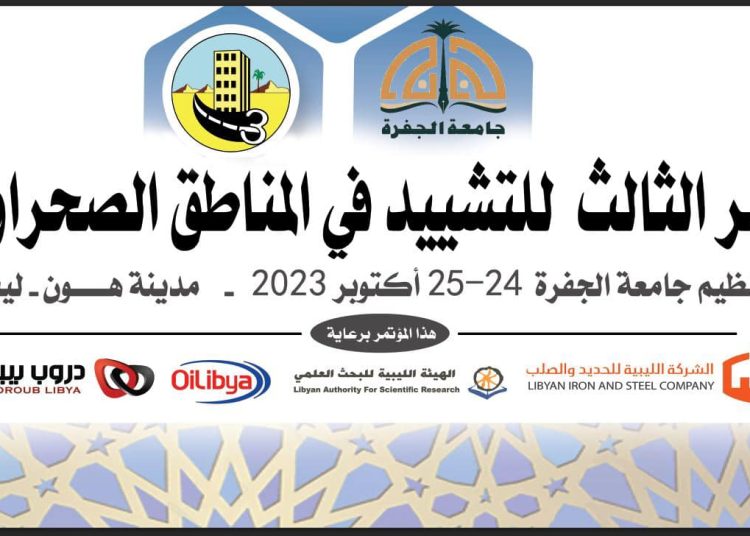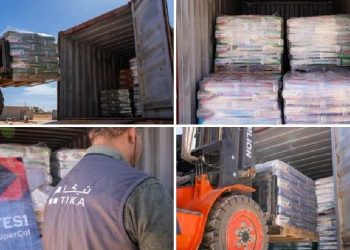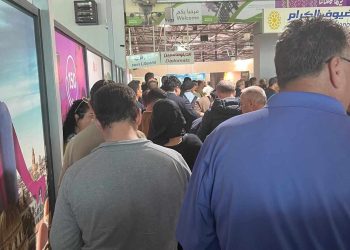The Third Conference for Construction in Desert Areas will be held in the city of Houn from 23 to 25 October, hosted by Al-Jufra University, under the supervision of the Ministry of Higher Education in the Tripoli based government. The event will be in the presence of several specialists and experts in Libyan universities, colleges of engineering, contracting and construction companies, and manufacturing and importing building materials, as well as specialized government agencies and departments.
In an exclusive interview with the Libya Herald, the head of the Scientific Committee of the conference, Abdul Salam Okasha, said that the conference comes within the framework of interest in the difficulties and problems facing building, construction, and various civil construction works in desert areas. These include roads, buildings, and various service facilities. The conference also offers engineers and experts the opportunity to meet and exchange experiences and transfer knowledge and skills related to construction, using materials and mechanisms that are compatible with the desert environment, achieving sustainability, saving energy, and preserving the surrounding environment.
Sessions on peer-reviewed research
Okasha said sessions will be organised to present peer-reviewed scientific research on the planning and design of facilities in the desert environment, construction materials appropriate to the desert environment, implementation and maintenance of facilities, and problems and solutions – all in the desert environment. Additionally, there will be general scientific lectures delivered by lecturers with experience in this field, which gives an opportunity for those interested and researchers and companies working in the field of construction to participate effectively.
Need to develop curricula on subject
Okasha noted the importance of developing educational curricula in Libyan universities related to building engineering and reconstruction in desert areas using modern, sustainable and environmentally friendly methods that save energy and reduce costs, which serves the national economy by reducing public spending on the one hand and preserving individuals’ savings on the other hand.












